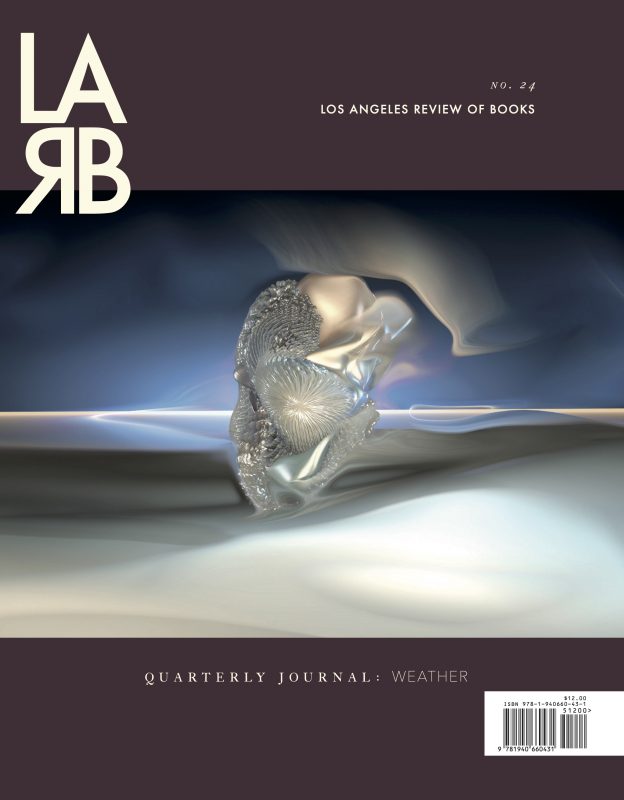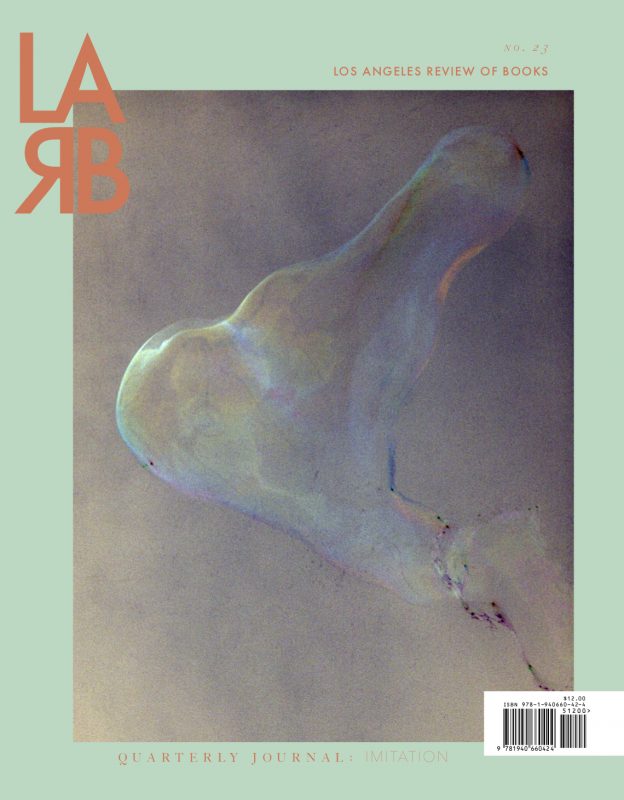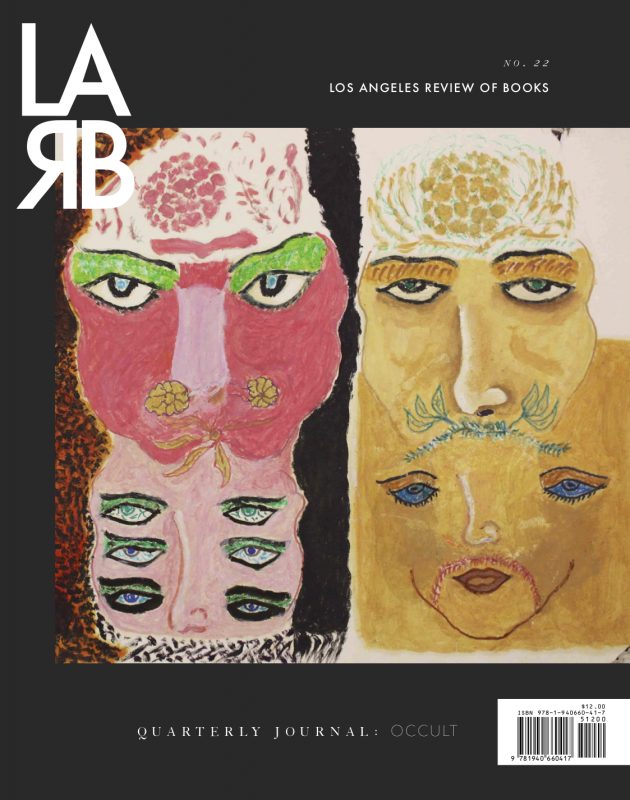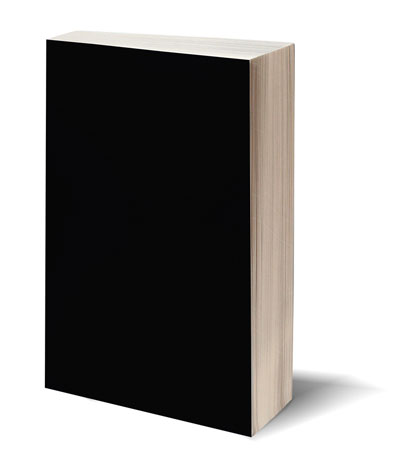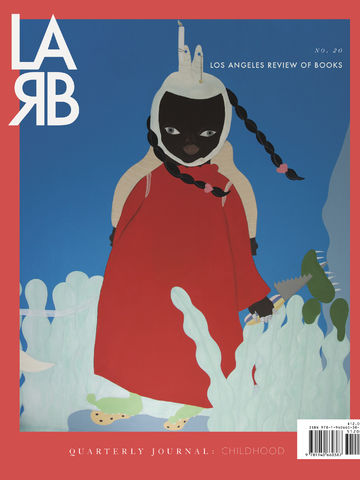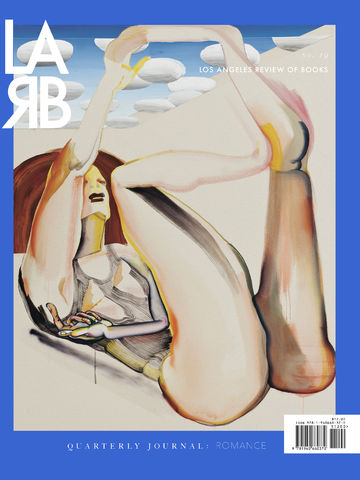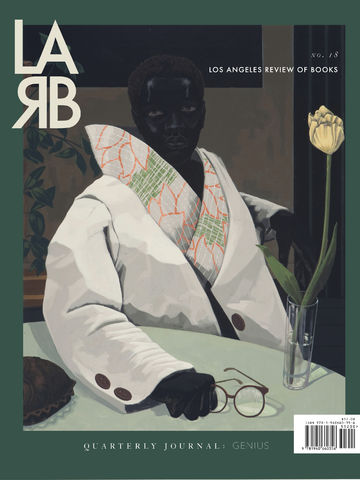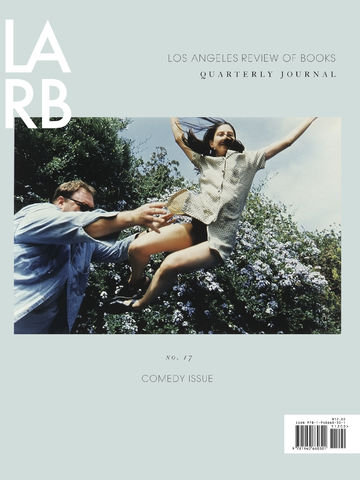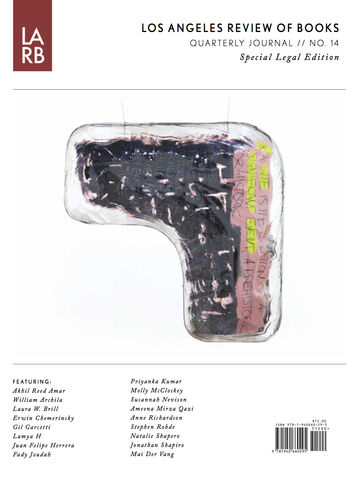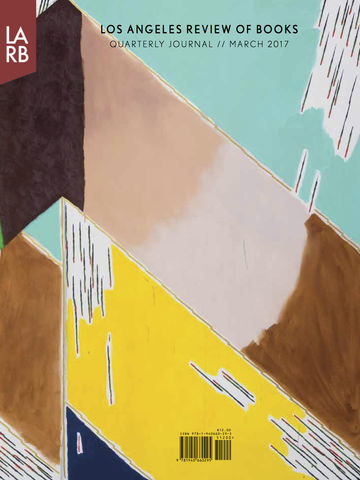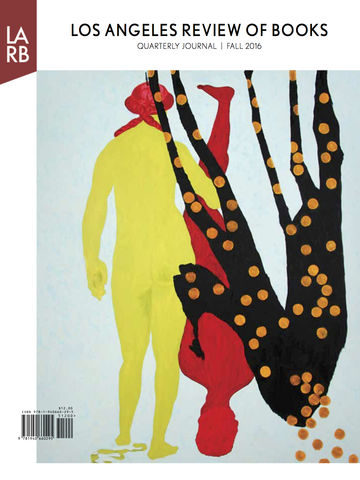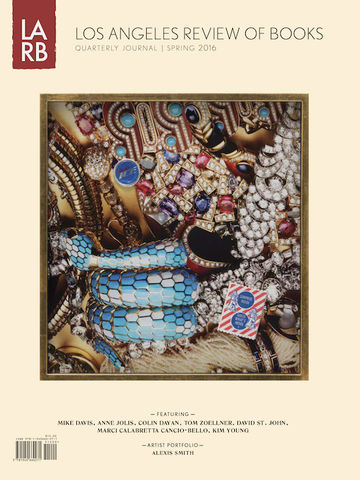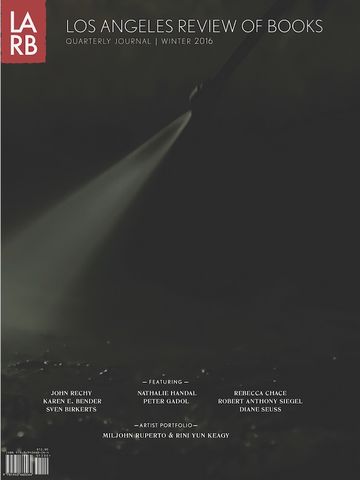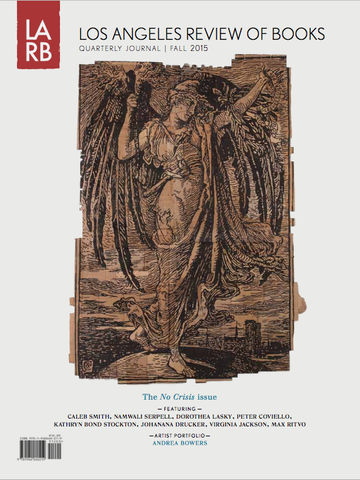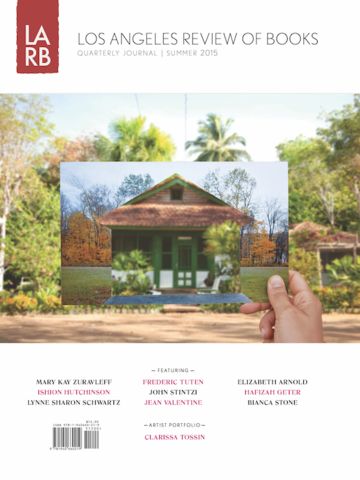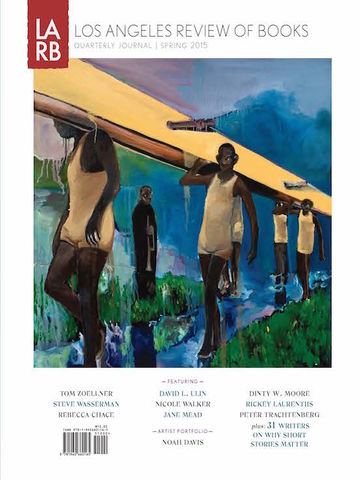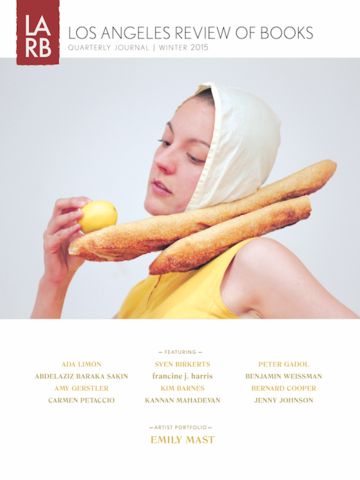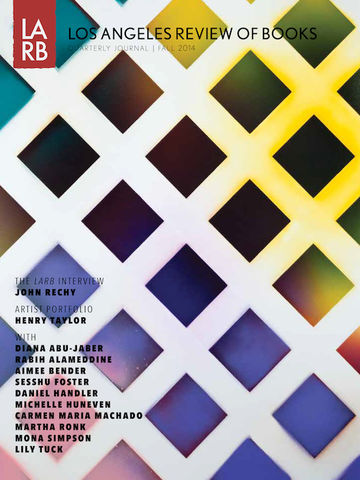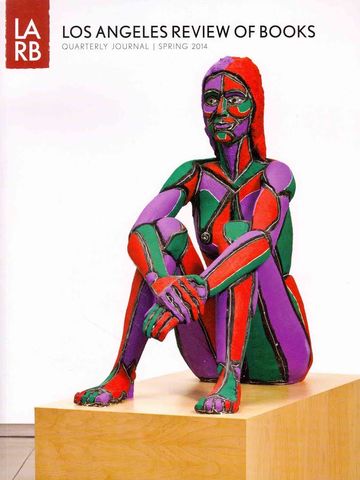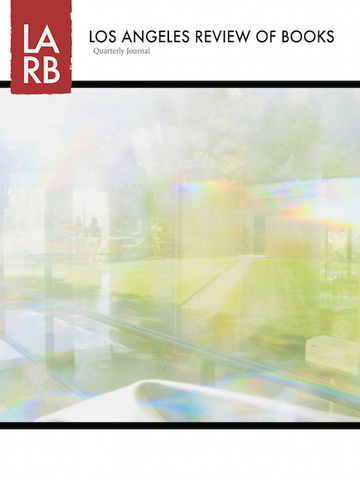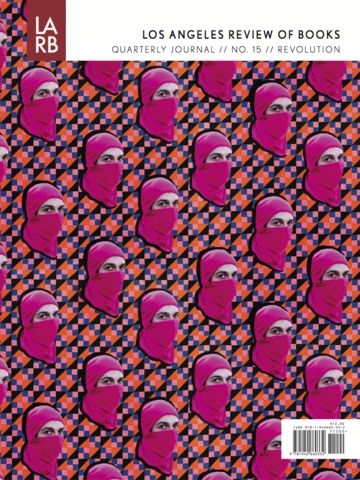
Perhaps we are in a revolution and perhaps we are not
Dear Reader,
Perhaps we are in a revolution and perhaps we are not. It is sometimes hard to tell. Of course, that can’t always be the case, especially in revolutions that are full of violence or bloodshed, but there must be revolutions that we don’t see or don’t notice or don’t totally acknowledge. Or on the flip side, there are events that we are too quick to call by that name, when actually they aren’t really anything at all, except steps in a long and drawn out series of accidents.
Dear Reader,
Perhaps we are in a revolution and perhaps we are not. It is sometimes hard to tell. Of course, that can’t always be the case, especially in revolutions that are full of violence or bloodshed, but there must be revolutions that we don’t see or don’t notice or don’t totally acknowledge. Or on the flip side, there are events that we are too quick to call by that name, when actually they aren’t really anything at all, except steps in a long and drawn out series of accidents.
You will find in this issue of the LA Review of Books Quarterly Journal, writers who define revolution in many different ways. In some cases, the revolution is banal — it is people walking back and forth in an office building; the unchanging nature of bureaucracy stays as strong as ever. In others, it is a matter of violence, death, and a forcible redefinition of the self. In others, it is hopeful, long overdue, a sign of better things to come, and a reassuring move in the teleological progress of the world. I find this diversity of definition heartening in itself. What are we if not adaptive creatures? Thank god we don’t get sick from the interminable spinning of the world. In fact, we depend on it. Revolution should not be the part that is frightening or unfamiliar; it should be all we know. We should be afraid instead of stagnation and stillness. Standing water festers. You wouldn’t drink it, why let it cover your face and your head, and why let yourself sink?
Yours,
Medaya
Editor in Chief, Quarterly Journal
ESSAYS
“How to Remember My Mother” by Colin Dayan
“The Mexican Revolution: Territorialization and Potentiality” by Ignacio M. Sánchez Prado
“The Rebel Girl” by Evelyn McDonnell
“Postcards from Detroit” by Andrew Durbin
“What Gershom Scholem and Hannah Arendt Can Teach Us about Evil Today” by George Prochnik
“A Man Walks In and Takes off His Hat” by Lina María Ferreira Cabeza-Vanegas
“No One Goes to America for the First Time” by Anjum Hasan
“To Look or Not to Look: Is that the Question?” by Sarah Sentilles
“Thou Shalt Not Steal Books” by Dagoberto Gilb
FICTION
“No More Cookies” by Rebecca Schiff
“Extraordinary and Plenipotentiary” by Hooman Majd
“The Way of the Dodo” by Janet Sarbanes
“The Tower” by Janet Sarbanes
“The Men Will Cry” by David Gordon
POETRY
Three Poems by Danez Smith
Two Poems by Kaveh Akbar
Three poems by Sarah Blake
Two Poems by Natalie Scenters-Zapico
SHORTS
“What Educational Revolution Looks Like” by Jervey Tervalon
“The Apprentice” by J.D. Daniels
“Snap as Revolutionary Time” by Sara Ahmed
“Heliopolis and Helipad” by Joshua Clover
FEATURED ARTISTS
Danielle Dean, Daniel Gonzalez, Robby Herbst, Kenyatta Hinkle, Sanaz Khosravi, Ali LeRoi, Elana Mann, Meghann McCrory, Manfred Müller, Jemima Wyma



